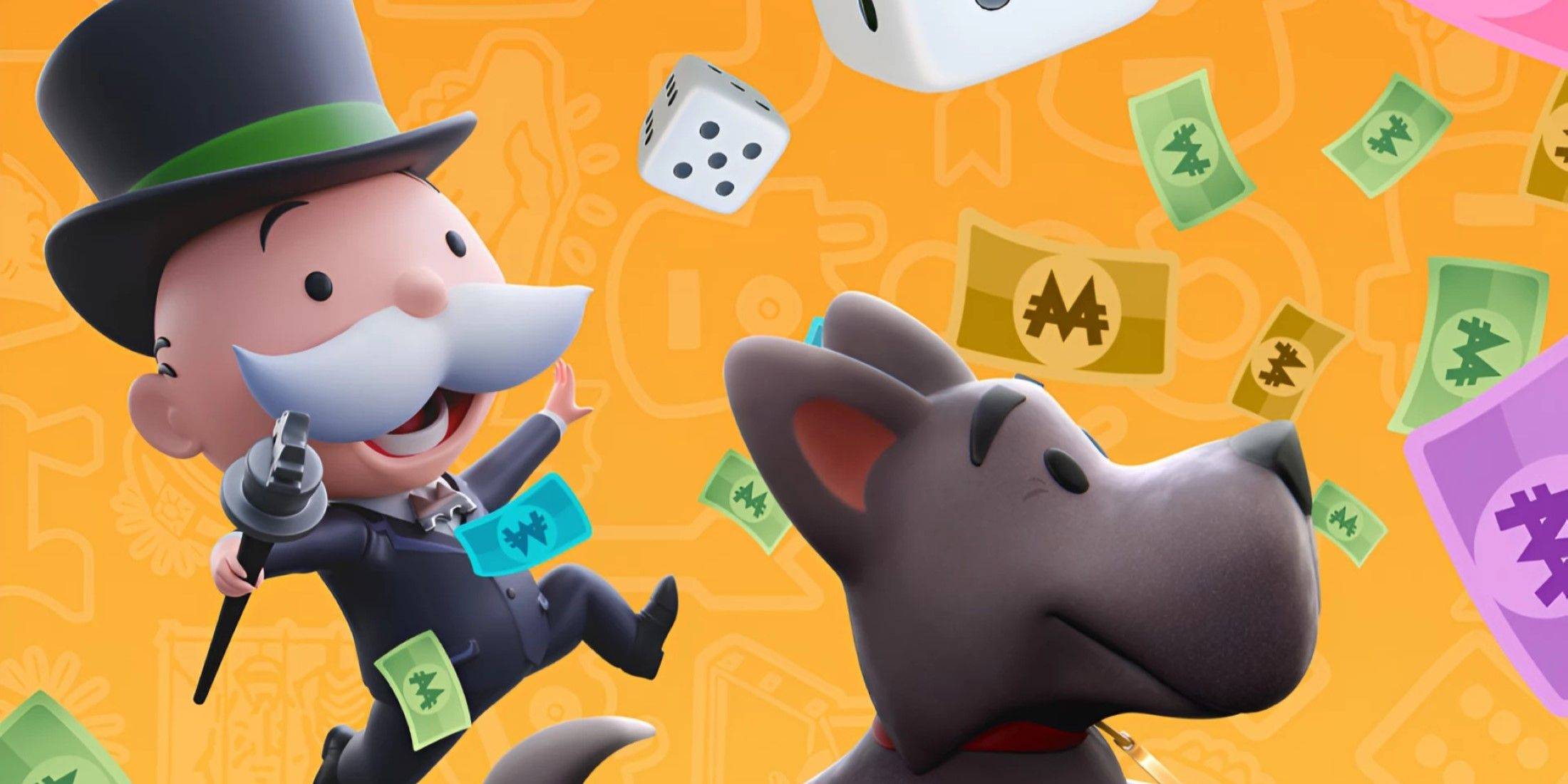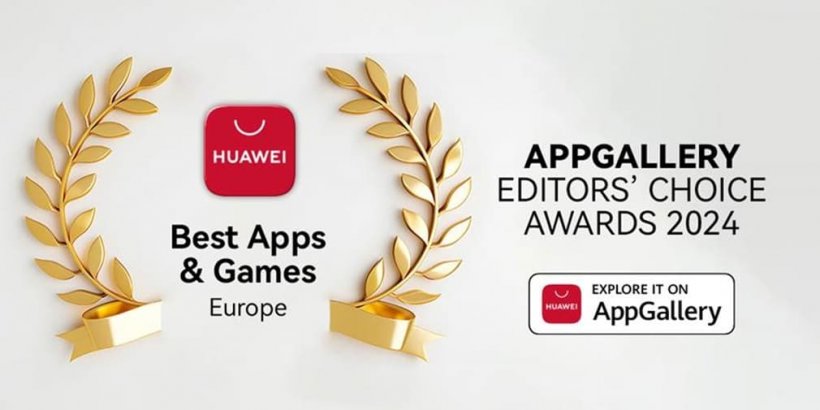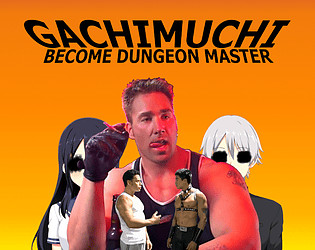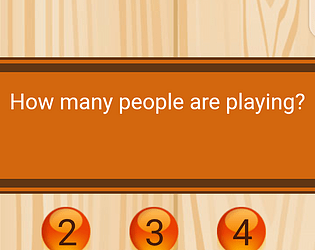
Monopoly GO's Microtransaction Problem: A $25,000 Case Study
A recent incident highlights the financial risks associated with in-app purchases in mobile games. A 17-year-old reportedly spent a staggering $25,000 on microtransactions within the free-to-play game, Monopoly GO. This case underscores the potential for significant, unintended spending fueled by the game's microtransaction model.
This isn't an isolated incident. Other players have reported spending substantial sums, with one user admitting to spending $1,000 before uninstalling the app. The $25,000 expenditure, detailed in a now-deleted Reddit post, involved 368 separate purchases made through the App Store. The post's author, a stepparent, sought advice on recovering the funds, but comments suggested that Monopoly GO's terms of service likely hold the user responsible for all transactions, regardless of intent. This practice is common in the freemium gaming model, exemplified by Pokemon TCG Pocket's $208 million first-month revenue generated through microtransactions.
The Ongoing Debate Surrounding In-Game Microtransactions
The Monopoly GO situation adds to the ongoing controversy surrounding in-game microtransactions. The practice has faced legal challenges before, notably with lawsuits against Take-Two Interactive concerning NBA 2K's microtransaction system. While this specific Monopoly GO case may not reach the courts, it reinforces the concerns surrounding manipulative spending mechanics.
The profitability of microtransactions is undeniable; Diablo 4, for example, generated over $150 million in revenue from them. The strategy's effectiveness lies in encouraging smaller, frequent purchases rather than larger, one-time transactions. However, this very characteristic is also a source of criticism, as it can lead to significantly higher overall spending than initially intended.
The Reddit user's predicament serves as a cautionary tale. The difficulty in obtaining refunds underscores the importance of parental controls and mindful spending habits when engaging with games employing microtransaction models like Monopoly GO.








